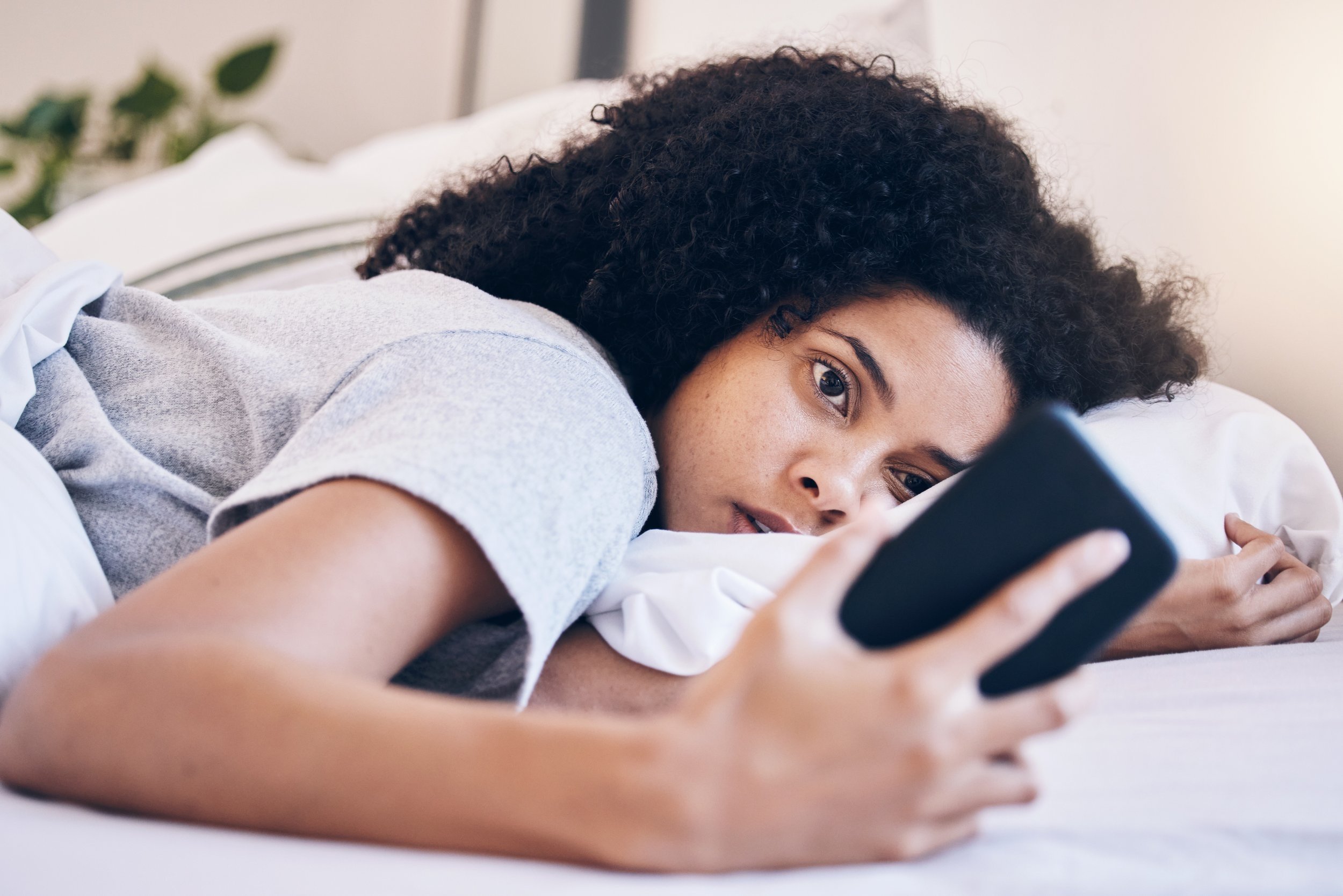Physical exhaustion, lack of energy, fatigue
Fatigue in the context of Long Covid is described as severe asthenia, a feeling that the body is “wiped of energy” and exhaustion following minimal effort. Patients often describe fatigue on waking and exacerbation after exertion or effort. Patients can report a need to sleep during the day, even when not suffering from sleep disorders. Fatigue can present mentally (cognitive fatigue) or physically (motor fatigue). Fatigue can fluctuate during the day with physical and cognitive exertion being a trigger factor. In some cases, hormonal factors, insomnia, stress, and anxiety also come into play.
Sources:
Post-Covid recommendations for primary care physicians – Switzerland; Practical management of post-Covid19 disease, Dr Ioannis Kokkinakis, Dr Mathieu Saubade, Dr Konstantinos Tzartzas, Dr Serge De Vallière, Dr Catherine Duquenne, Pr Gilles Allali, Dr Frédéric Regamey and Pr Bernard Favrat - Rev Med Suisse 2023
-
Sensitivity to light
Headache
Tender lymph nodes
Fatigue and weakness
Muscle and joint pain
Inability to concentrate
Insomnia
Forgetfulness
-
Simple actions to begin, that you can do right now:
Adapt your daily activities according to the rules of pacing
Regular (daily if possible) adapted physical activity and active physiotherapy with respect for pacing
Limit multitasking, fragment activities
Balanced diet, rich in fiber and antioxidants, limiting sugars and processed foods
Go outside every day, at least 15 min
Walk in nature (forest)
Daily cold shower or finish your usual shower with at least 1 min of cold water
Additional actions to go further:
Learn about your energy reserve
Learn how much energy you have using a symptoms diary
Learn how to use the 4 Ps to help you plan your activities
Plan in your main prioritized tasks for the day. Plan in your rest time so the day is paced.
Pace break up your activity into smaller, more manageable tasks with rest breaks. Learn how to rest between activities. Learn how to save energy
Prioritize what you really need to do during the day or week. Ask yourself if all the activities are necessary. Can someone else do it? Can I modify the activity to make it easier for me?
Position – spend some energy on things you enjoy helping to improve your quality of life.)
At least 15 min of light therapy every morning (10000 LUX)
Regular cryotherapy (chamber or in lake or ocean)
-
History and physical examination including neurological assessment
Antidepressive can help to increase your energy, to talk about with your doctor or your psychiatrist
Oyxgen therapy could perhaps help you, but you have to talk with your doctor
Tests:
Rule out other causes of fatigue (e.g., iron deficiency, sleep apnea), search for cofactors (e.g., medication) Laboratory workup Additional workup on case-by-case basis (cf. fatigue) Rule out sleep apnea if suspected (Epworth scale)
Fatigue Scale for Motor and Cognitive Functions (FSMC)
DePaul Questionnaire
Compass Questionnaire
Laboratory blood work analysis for fatigue or post-exertional malaise includes a complete blood count, ferritin, urea, creatinine, blood glucose, sodium, potassium, calcium, magnesium, phosphate, sedimentation rate, CRP, creatine kinase, liver function tests, TSH, vitamin B12, folic acid. Other tests such as vitamin D.
-
Weekly physiotherapy for adapted physical therapy with respect for pacing
Heart rate monitoring: your physiotherapist can teach you how to take your heart rate. Then, take your heart rate every morning before getting out of bed. Keeping your heart rate within 15 beats per minute of your weekly average should reduce the risk of PESE.
Occupational therapy (ergotherapy) can be very helpful in adapting and managing daily life and the impact on work, self-management education etc.


